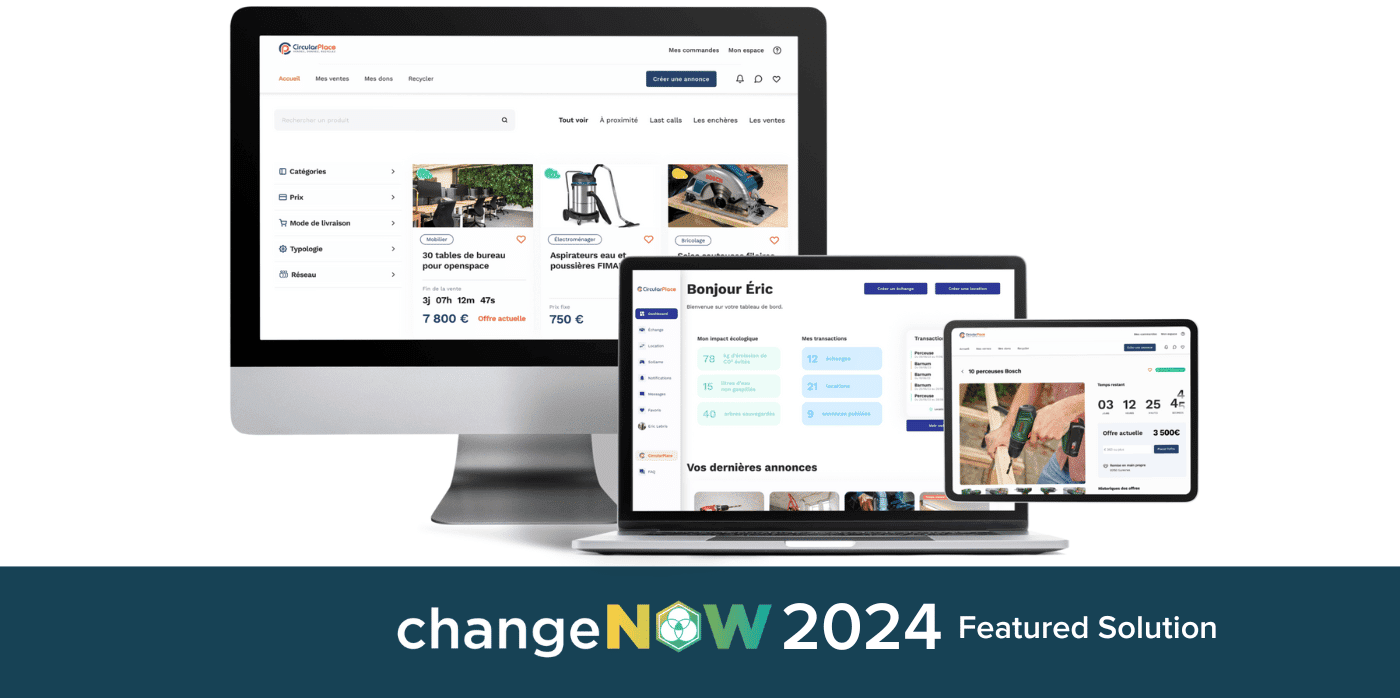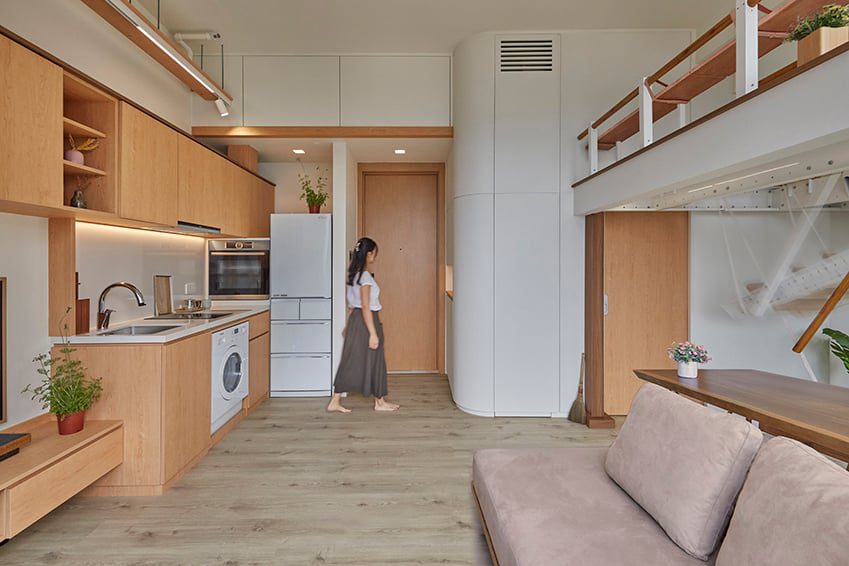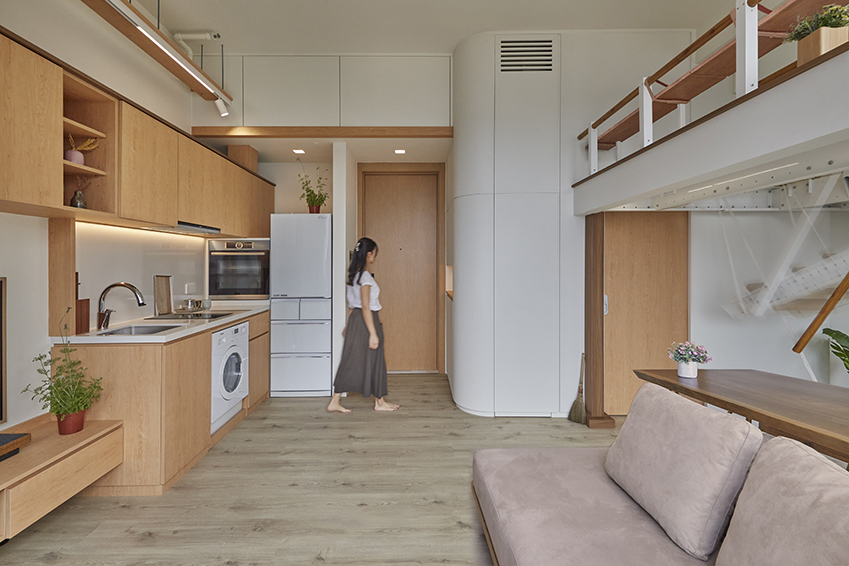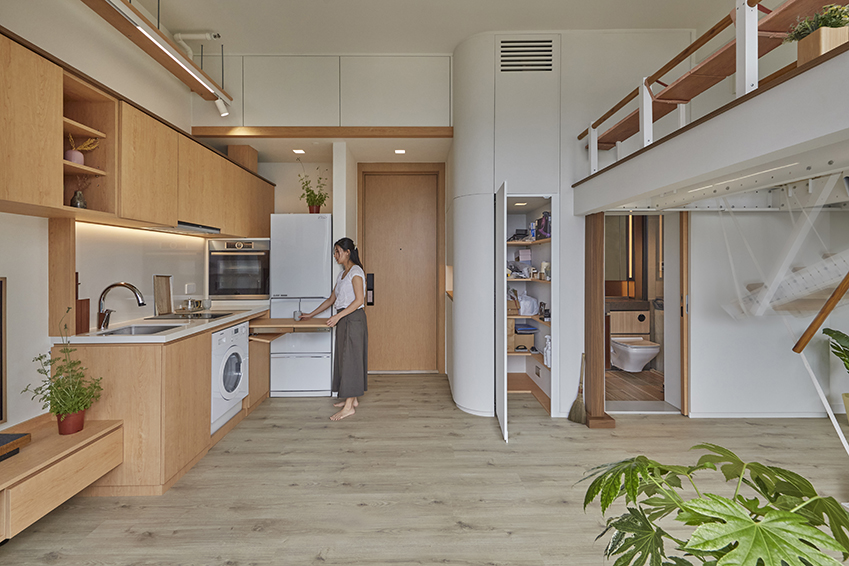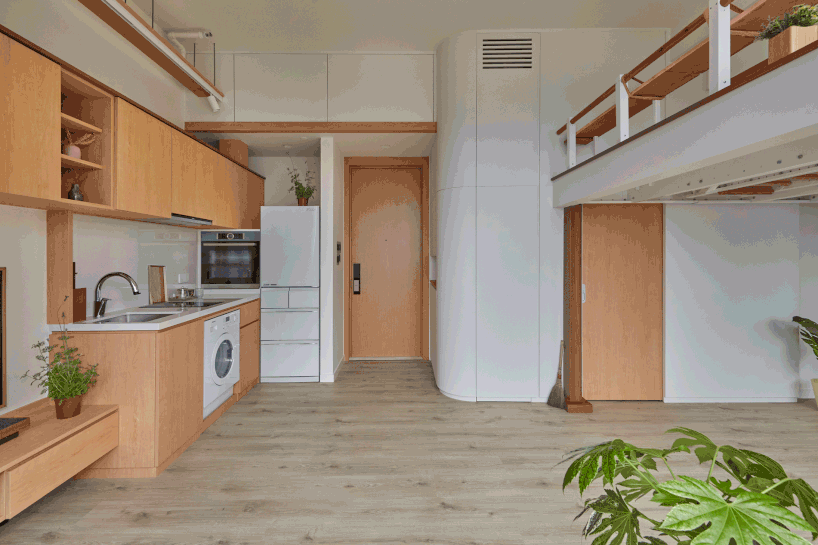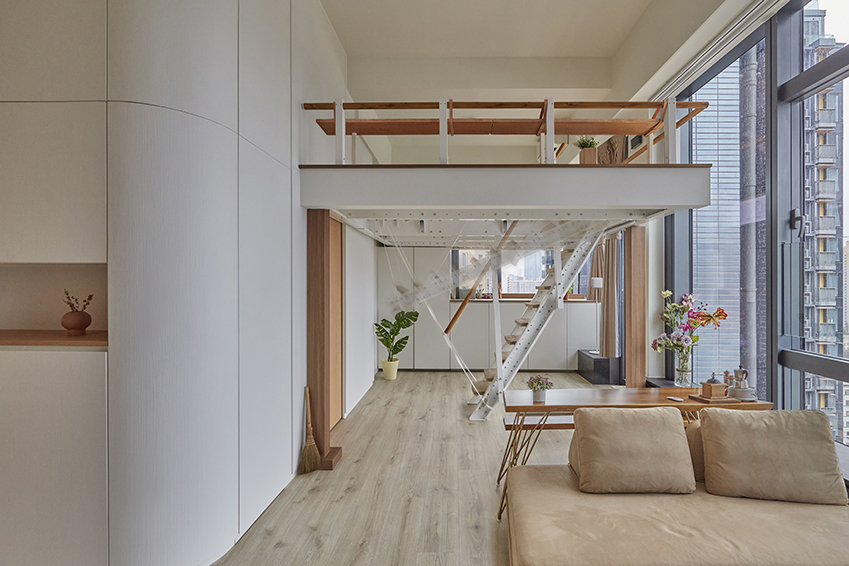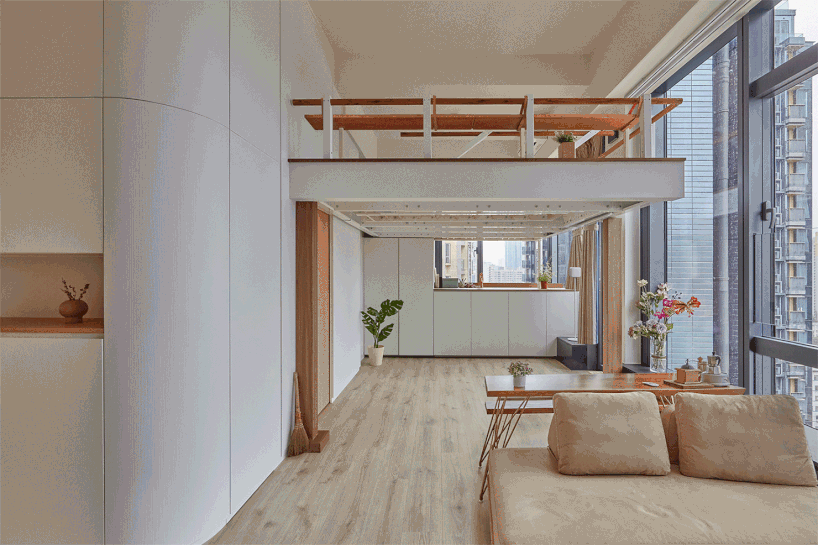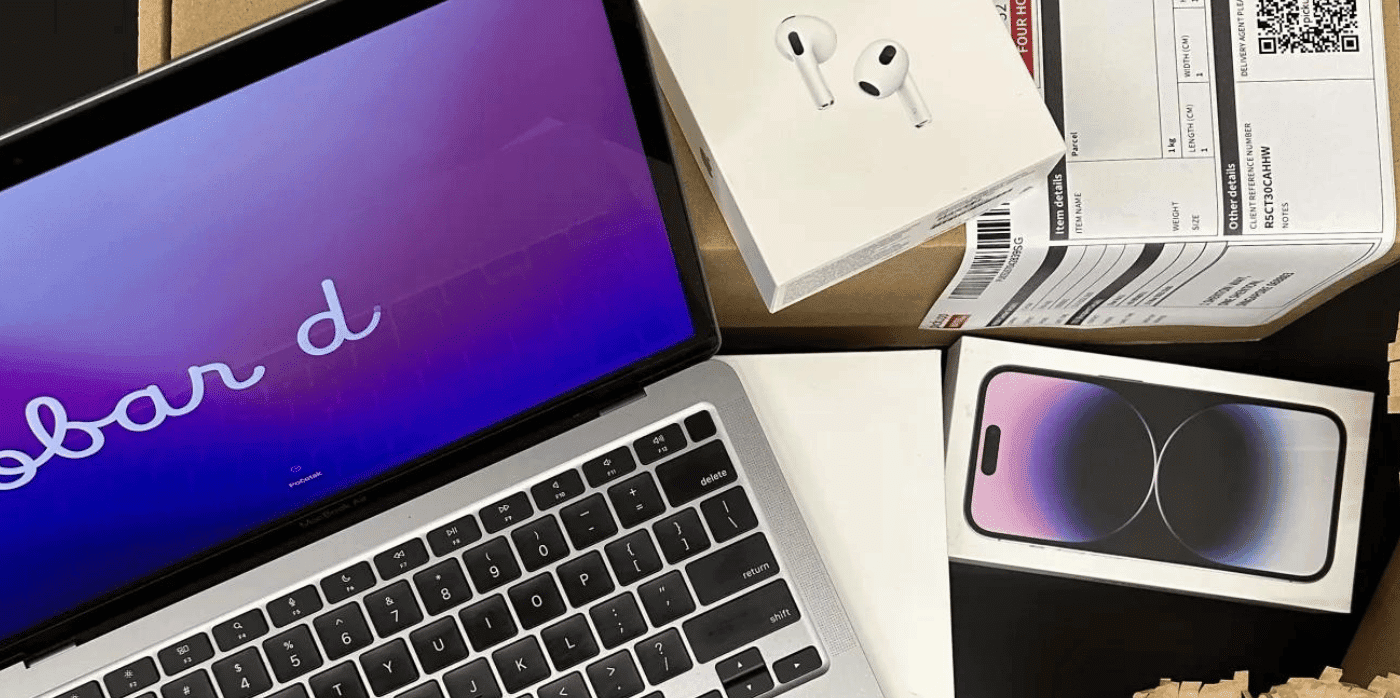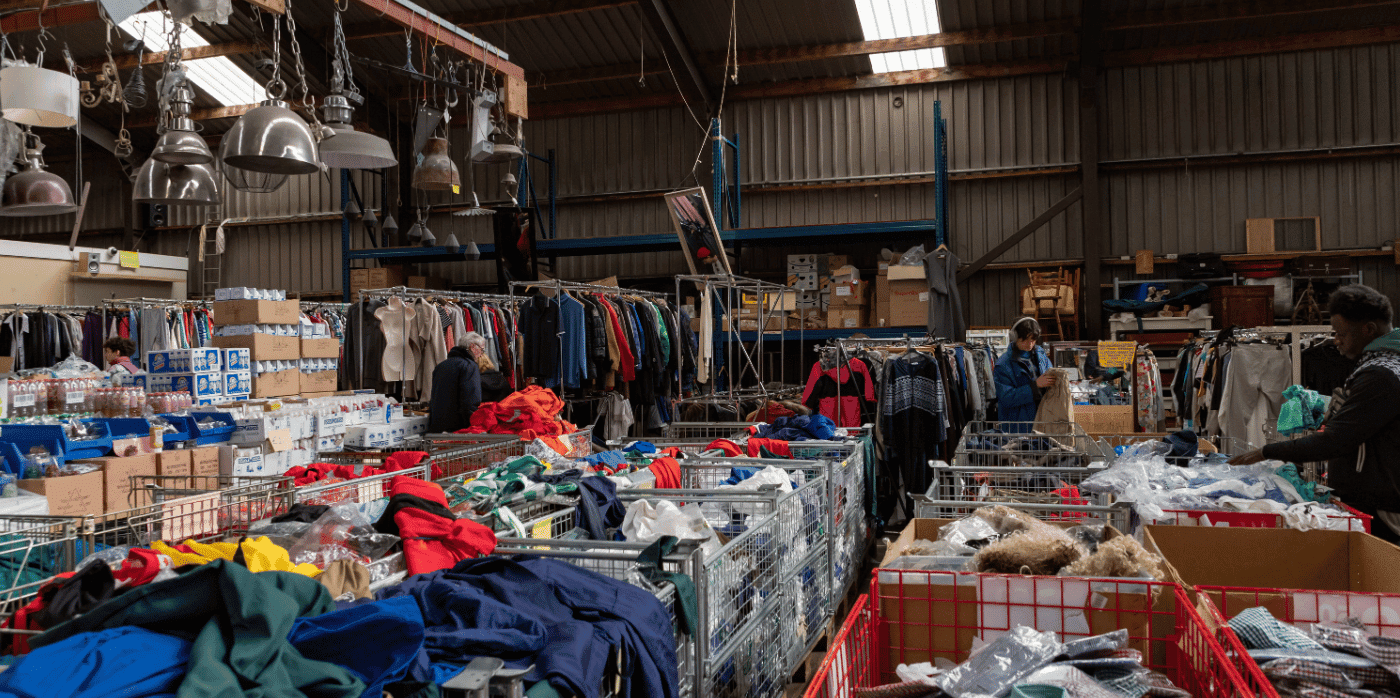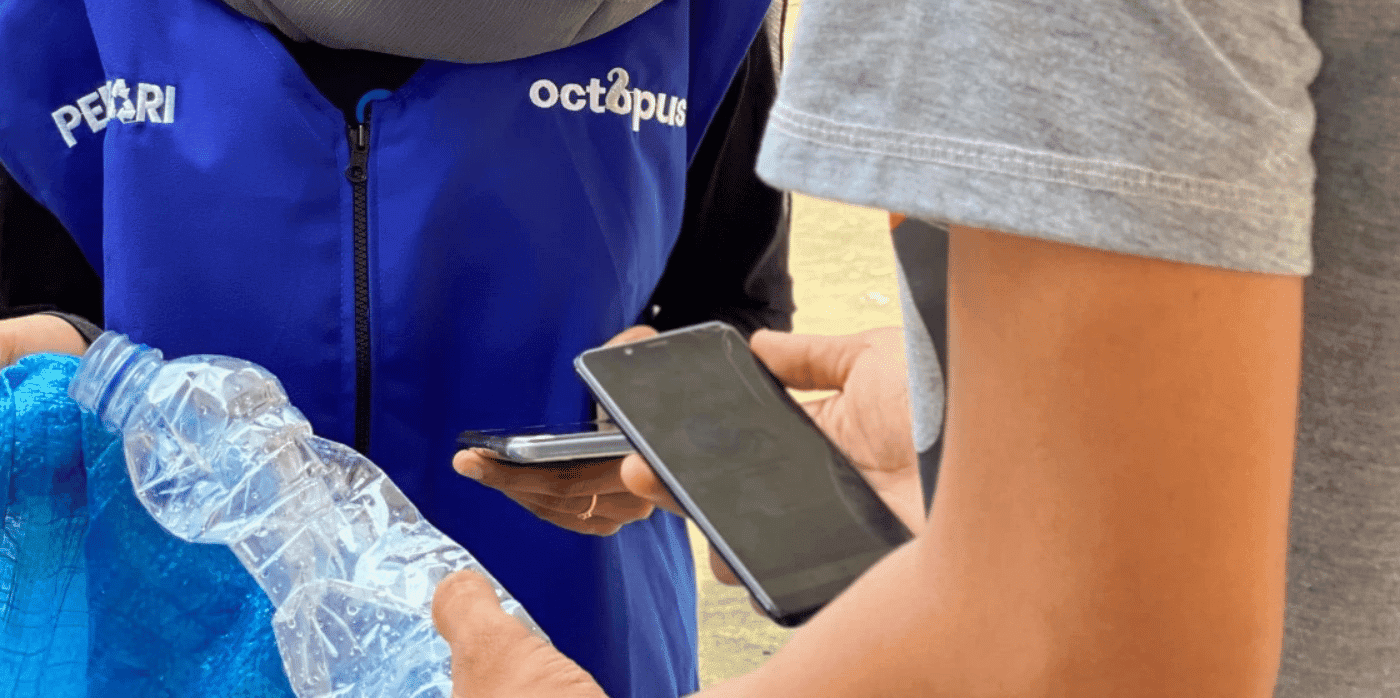A circular platform finds new lives for used equipment

Spotted: In France, a recently enacted law prohibits companies from destroying their unsold non-food goods without first trying to resell, donate, or recycle them. To promote the circular economy and help companies meet this requirement, startup CircularPlace has created a platform that optimises the collection and management of unsold goods, second-hand equipment, and returns. The digital marketplace matches businesses and charities with available products that are either unsold inventory, returns, or used, non-food items.
Items are first offered for sale, then for donation. The marketplace is free to use, and CircularPlace takes a 10 per cent commission on every sale. Products listed for sale are auctioned, and after the seller confirms the condition of the items, the buyer receives a tax receipt and certificate of sale. Items available for donation go through a similar process.
After being listed for both sale and donation, CircularPlace provides owners of items unable to find a new home with a network of verified recyclers. And as a last resort if products are unable to be recycled, CircularPlace issues a certification that allows the owner to discard the products without falling foul of waste regulations.
For organisations large enough to utilise an internal marketplace, CircularPlace provides a white-label platform to rent, share, and exchange products. Gamification features help make it fun for employees to track team footprints, and for all users of the marketplace, CircularPlace provides reports on the volume of emissions prevented by every transaction.
Industries notorious for the volume of their waste are beginning to explore circularity, with innovations in Springwise’s library showcasing options for reusing electronics and deadstock material.
Written By: Keely Khoury

